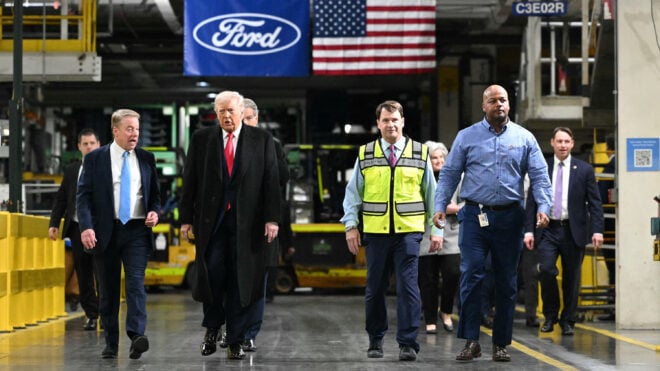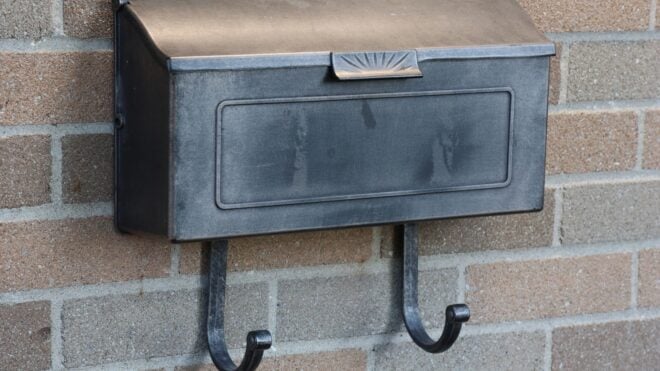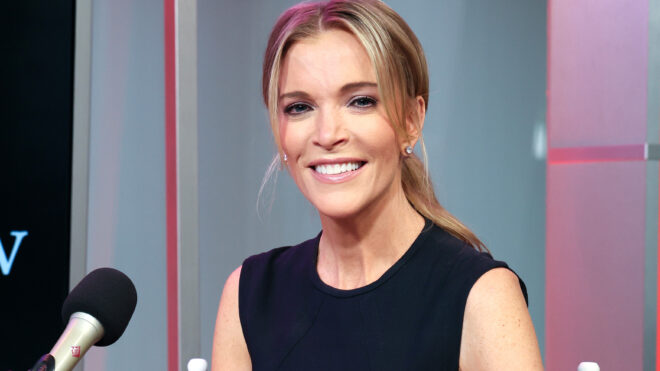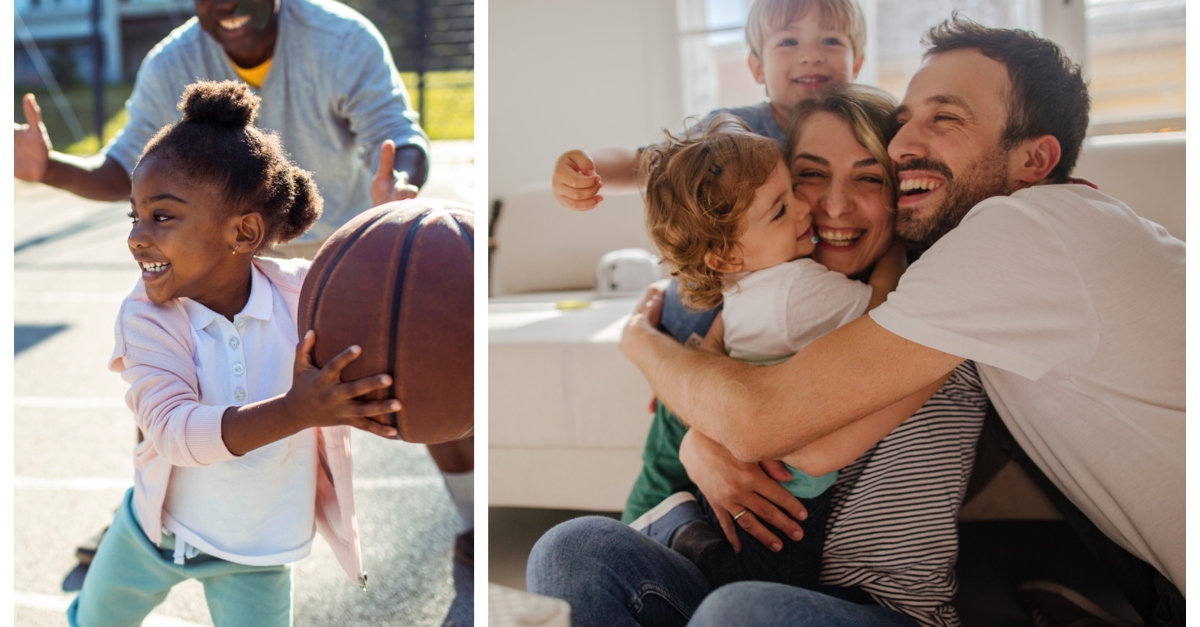
Right now, plenty of parents are completely stressed out about their children's education. Parents are worried about their kids being back in person at school, or about how they're going to balance distance learning with working from home, or that their kids are losing school, or that they'll "miss" a year or more of education and fall behind their peers. All of these worries are valid, and a lot of parents might even be experiencing them all simultaneously.
Huda Yusuf is a chemist, activist, and survivor of two massive periods of upheaval. Huda recently shared on Facebook that she and her siblings lost two years of school due to the civil war in Somalia and the first war in Kuwait.
Now Huda is super successful — and so are her siblings. After moving to Canada at the age of 12, Huda was able to focus on her studies. She's now a chemist with a graduate degree, and she wrote her message to show parents that most likely, their kids will be OK when this turbulent period of time is finally behind us.
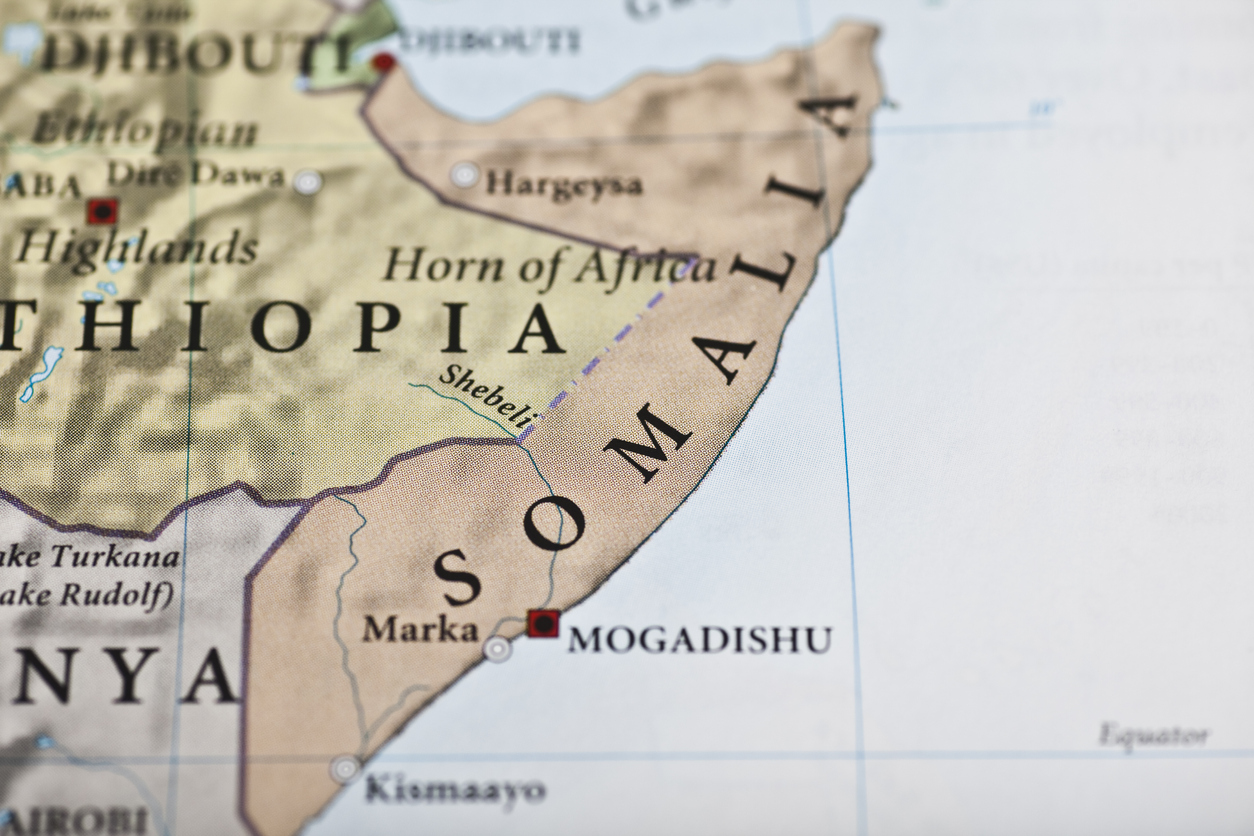
Huda writes:
"If I can ease some parents worry about this year regarding schooling: my siblings and I (along with millions of others) lost more than two years of education during the civil war in Somalia and the first Kuwait war."
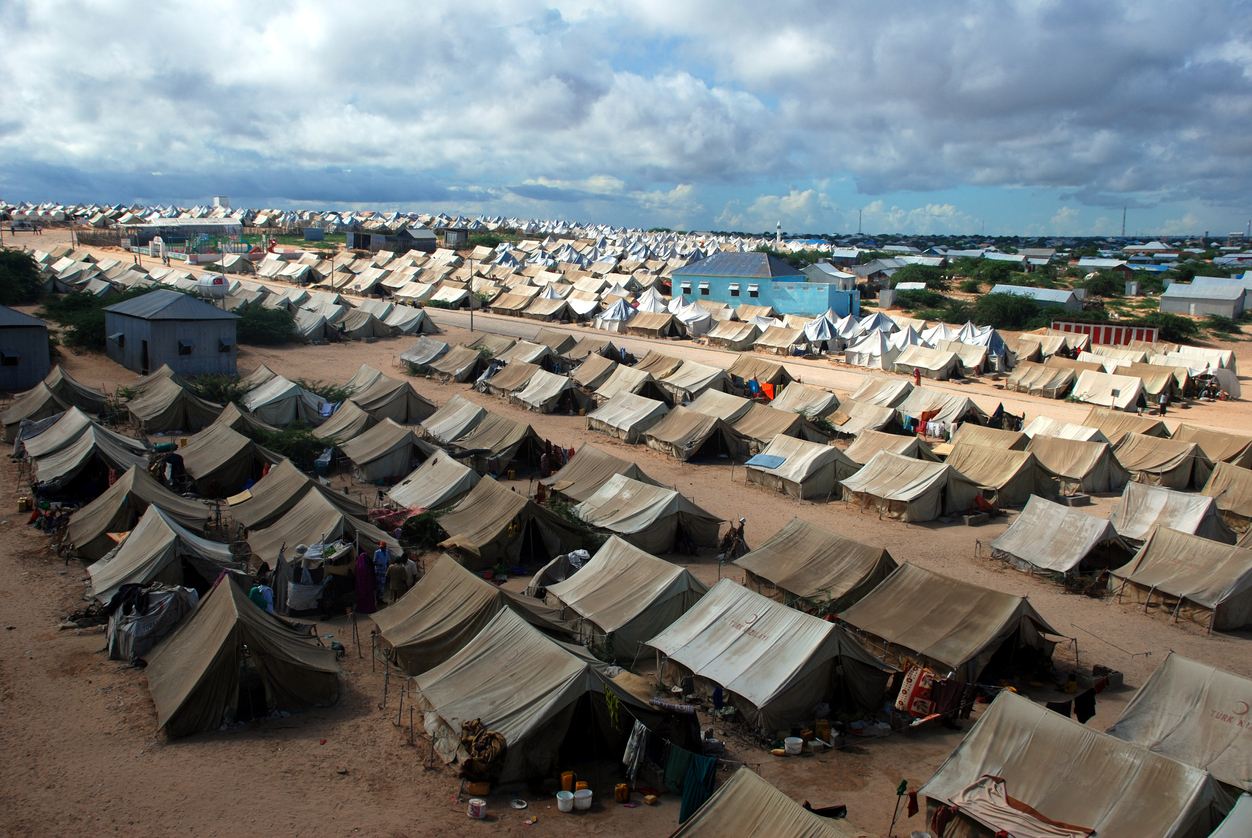
The civil war in Somalia is actually still raging. The war began in the 1980s after a resistance effort was launched against Siad Barre. Since then, various groups in the country have been fighting for power, often to the detriment of Somalians. In 2012, Somalia was described as a "fragile state," and observers hope that the country is on its way to more concrete stability.
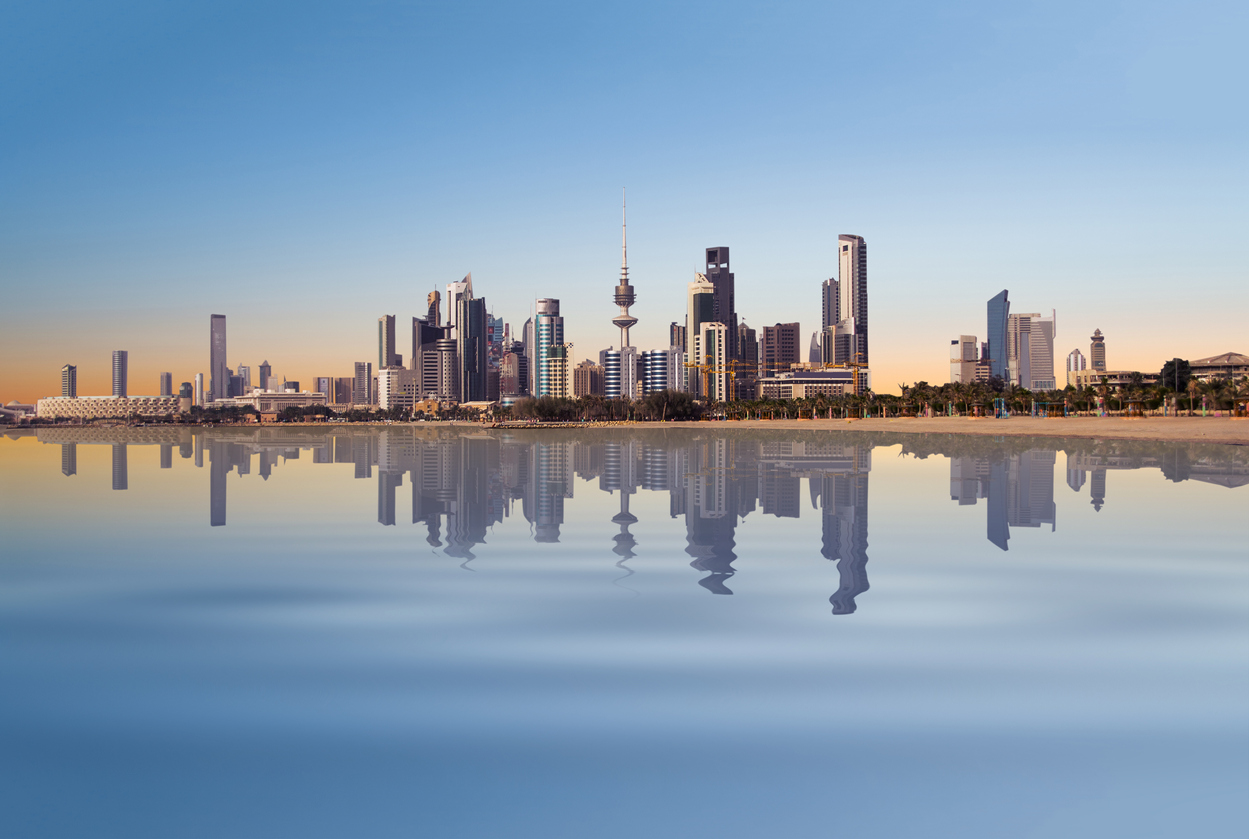
The first Kuwait war — also known as the Persian Gulf War, the Gulf War, and Operation Desert Shield — was jump-started after Saddam Hussein ordered the invasion of Kuwait in 1990. The Iraqi-led invasion lasted two days, and when Saddam Hussein refused to leave the country, a UN coalition led by the United States intervened.
The war resulted in a catastrophic loss of life. An investigation conducted by Beth Osborne Daponte puts the number of deaths caused directly (bombing) and indirectly (living conditions) by the Gulf War as between 142,500 and 206,000.
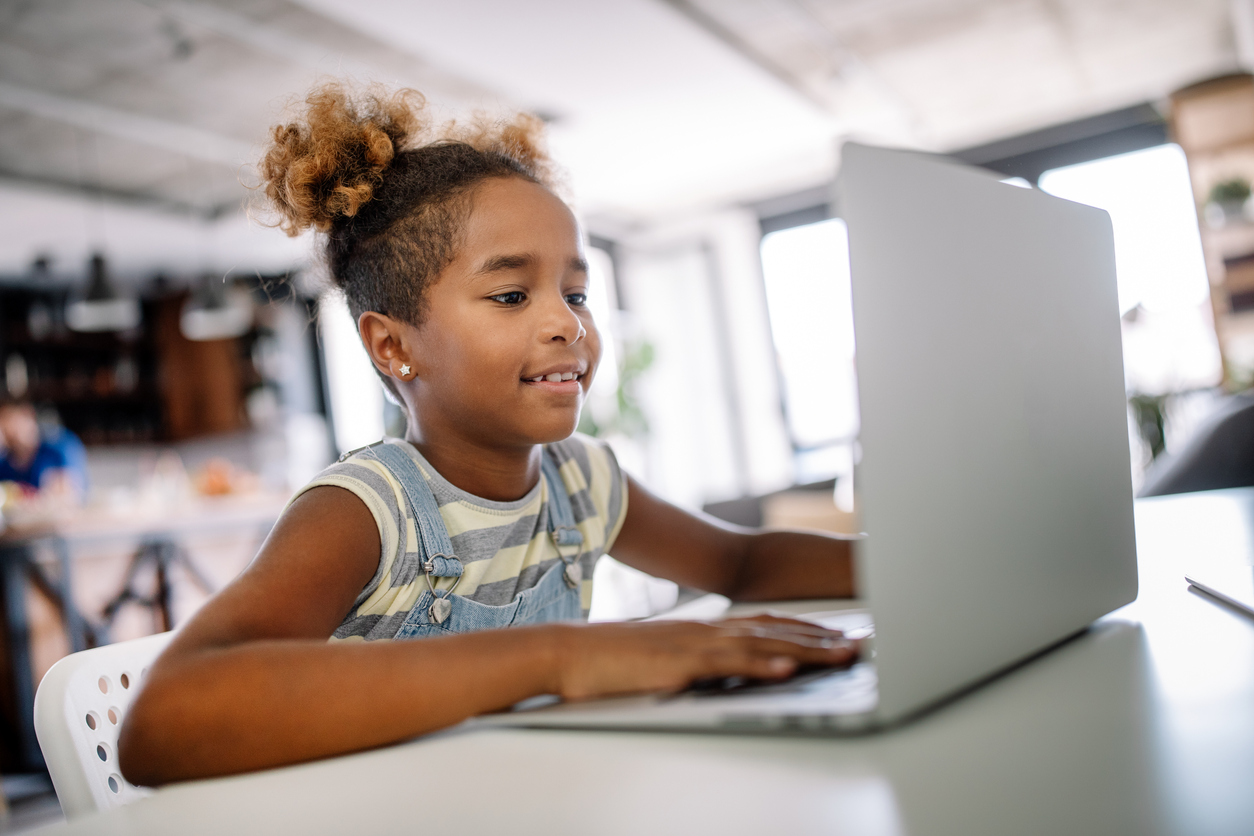
Huda goes on to share that when she arrived in Canada, she was put in sixth grade:
"I came to Canada when I was 12 and got placed in 6th grade after not being in school for two years. I am now a Chemist with a graduate degree. I say this to make a point: the kids will be fine. So you saved them a year of being an adult in the future, it will be OK."
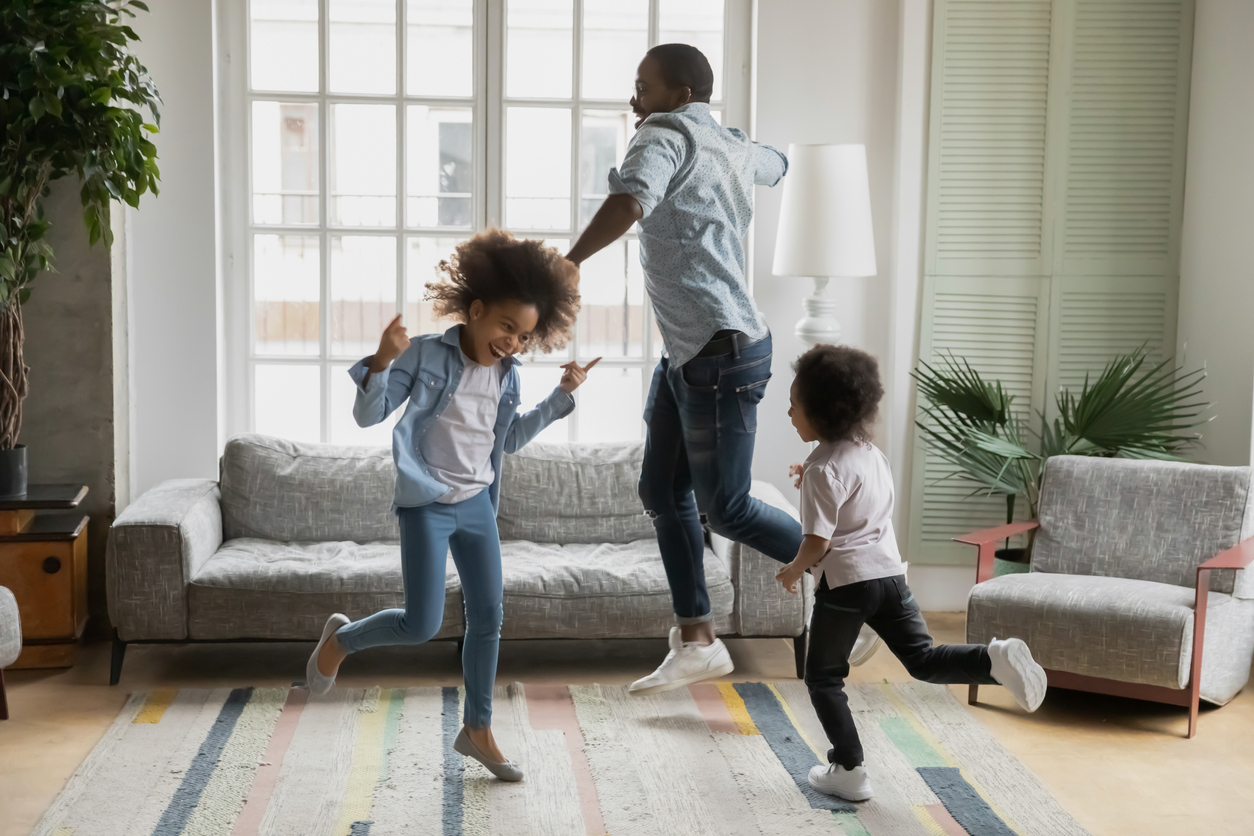
She credits her parents and the other adults who were involved in her life with helping her stay focused:
"My parents and the adults in our life focused in our mental and emotional well being. They distracted us by telling us family stories, spent a lot of time with our elders and played with other kids. It will be all fine. Breathe and love the kids. The rule in our household is: people before deadlines!"
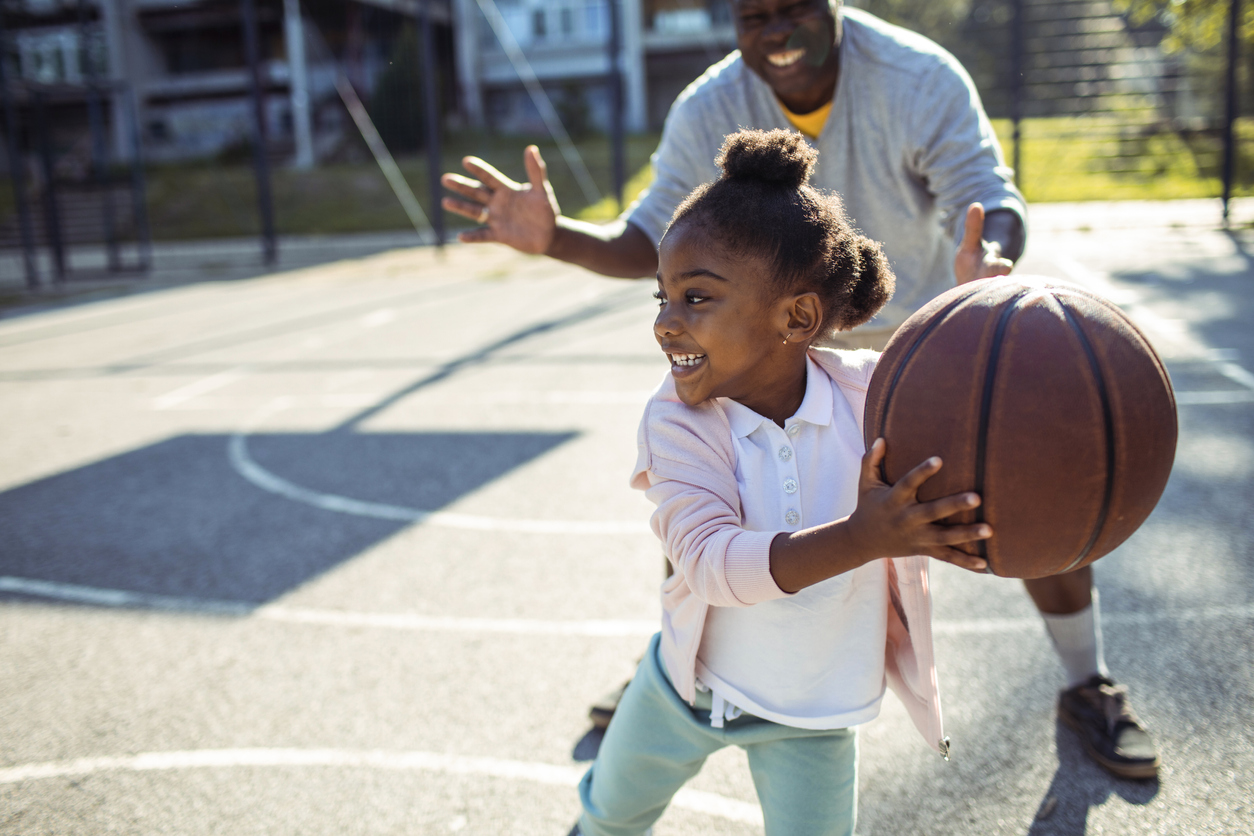
The point Huda is making is pretty salient: Ultimately, kids look to their parents, caregivers, and other adults in their lives to help them understand how to process and react to what's going on around them. If adults are stressed and panicked, kids probably will be, too. But if adults make sure they focus on their children's emotional well-being, then the kids just might be all right after all.
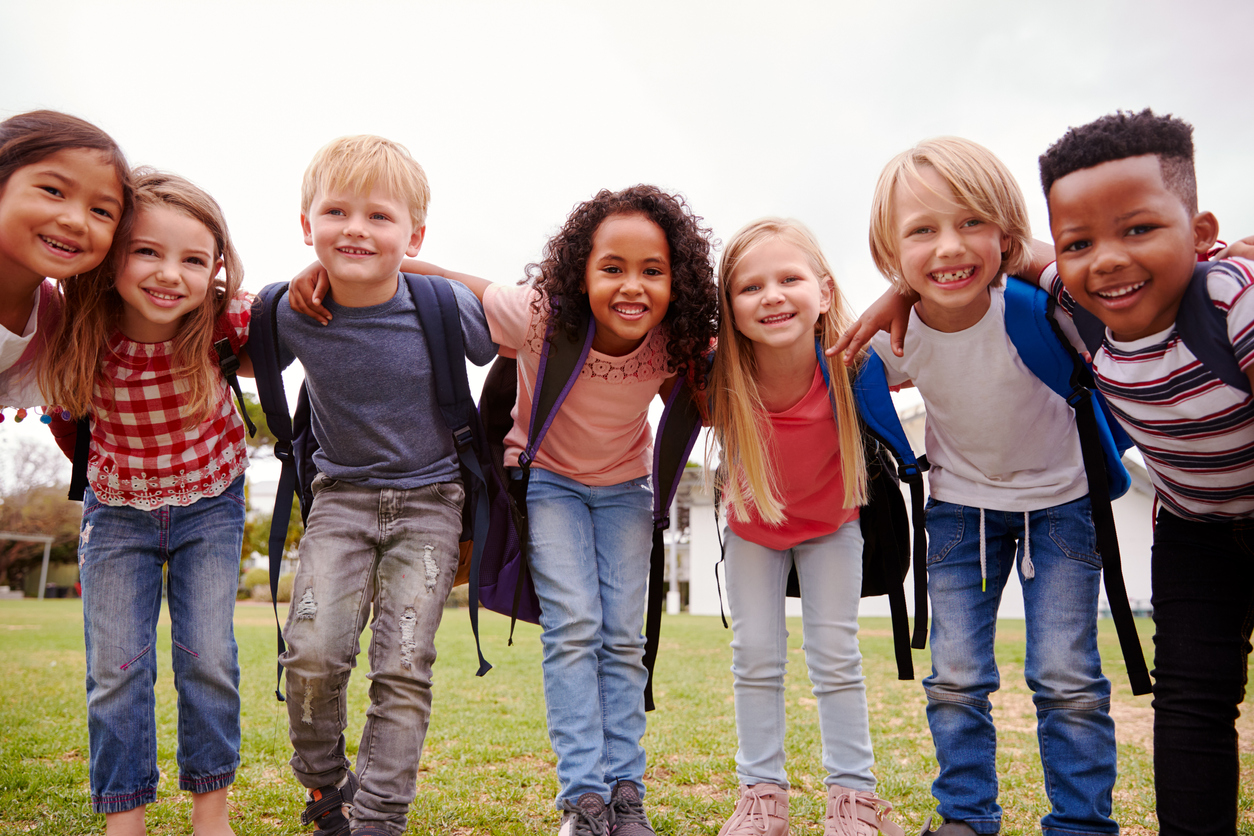
Huda also added that she's not the only successful member of her family; all of her siblings are doing well: "Added note: all six of us have college degrees and work either in Federal/Provincial government, corporations: Medtronic and Philips, and higher education."
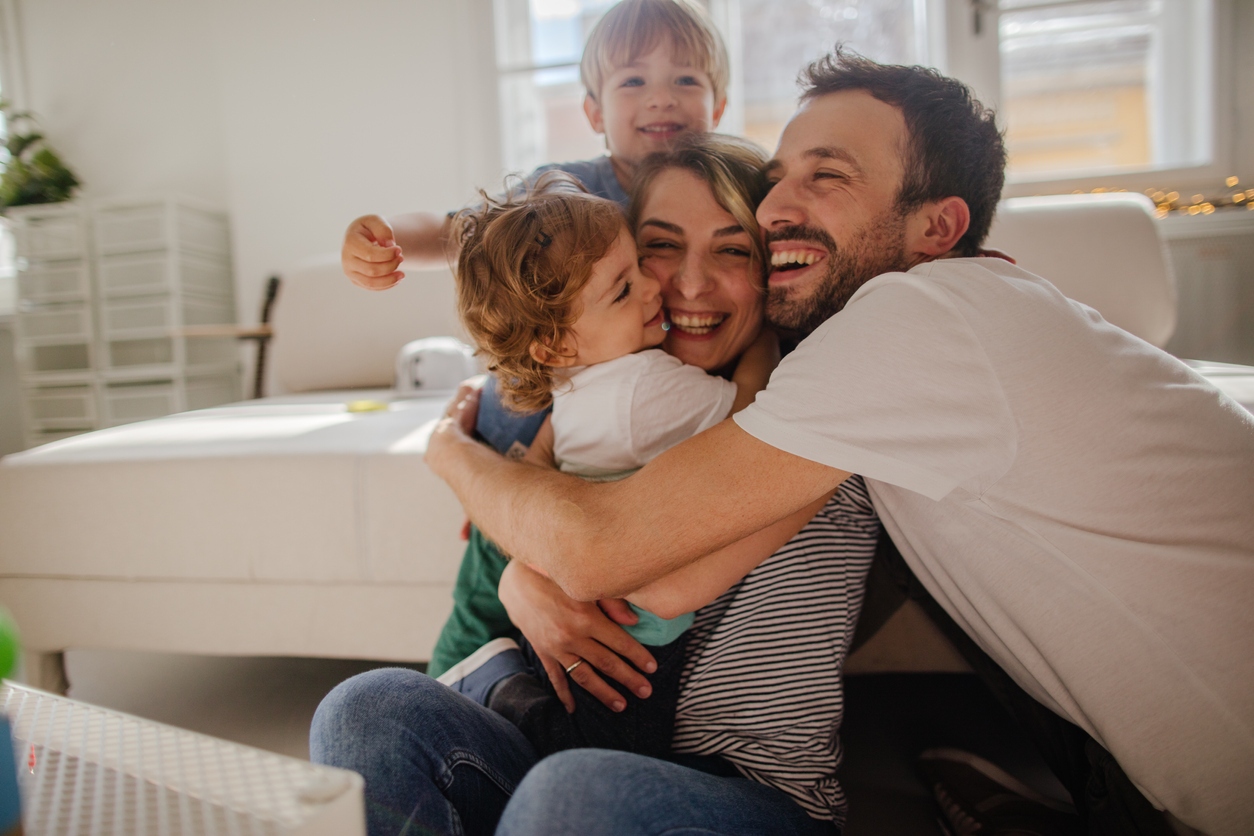
Parents and nonparents alike have rallied around Huda's post, thanking her for taking a few minutes to try to help calm everyone down.
One person noted that simply being able to worry so much about a child "falling behind" is a pretty lucky thing when you think about it:
"Privilege and entitlement is blinding isn't it? The most important thing parents can do for our kids right now is to reevaluate priorities and redefine success."
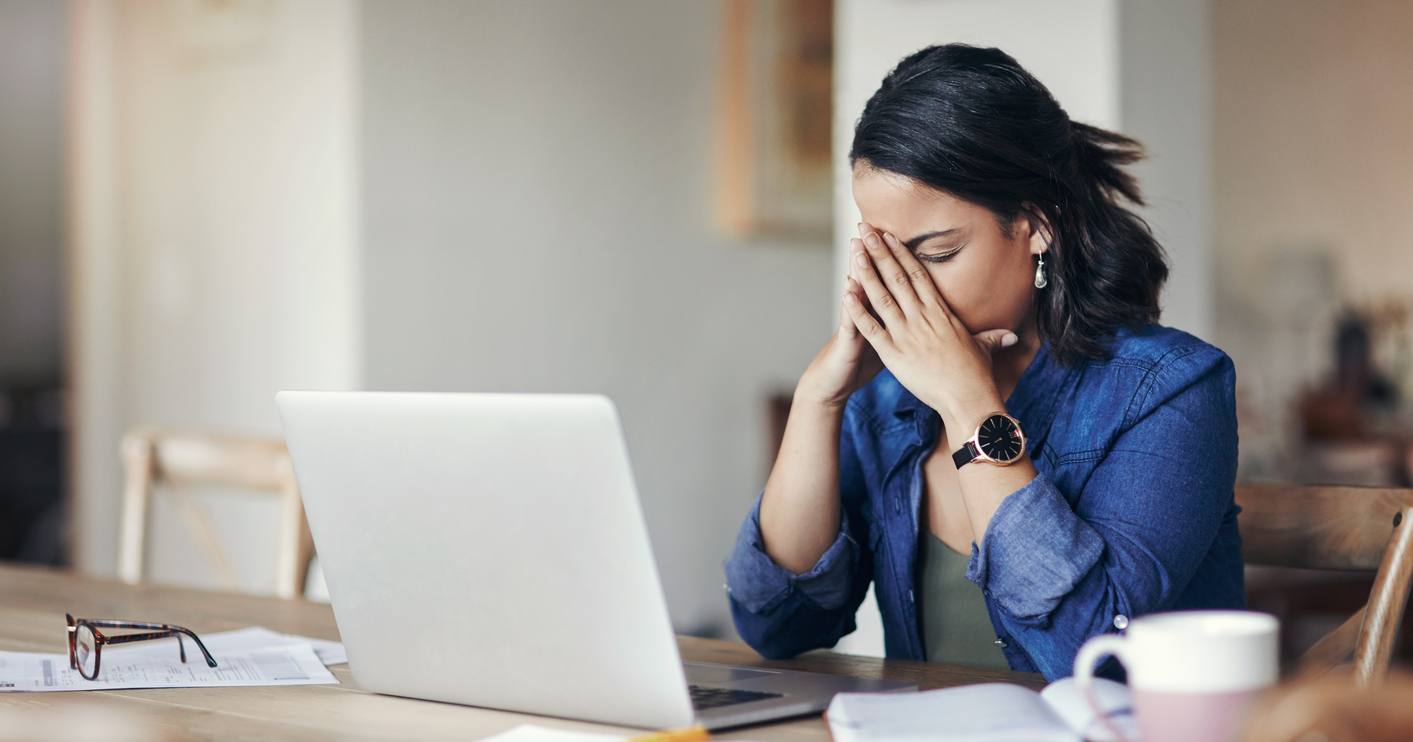
Another person pointed out that when it comes to the conversation about returning to school, everyone involved was put into a pretty tricky spot:
"As a school board member who had to make an extremely difficult decision on the distance learning vote, I appreciate your sentiments and story. Things did not have to get this bad and local school districts were put in an impossible situation."
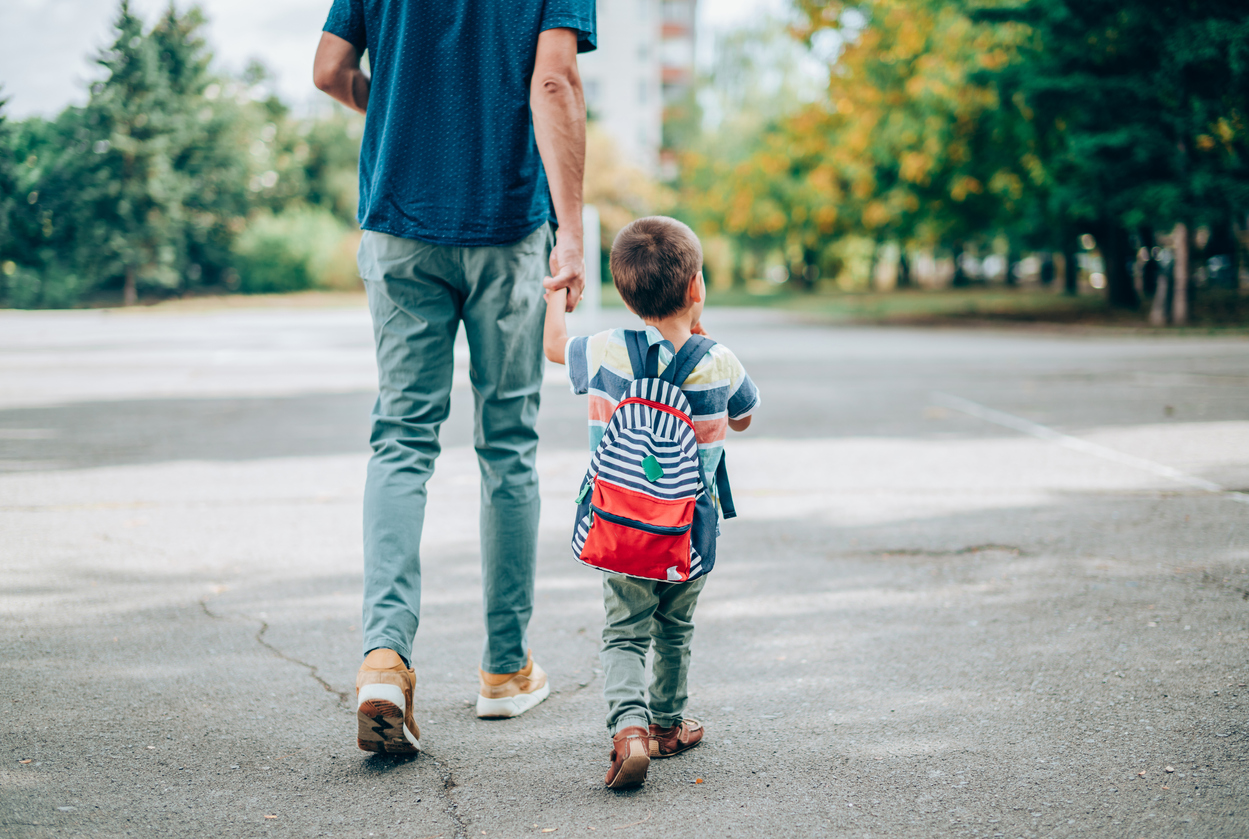
One of the best comments is from a woman who has managed to find the silver lining: Even if it feels weird and scary now, our kids are all experiencing something really unique, and that has a power in and of itself:
"You are right. And there are memories and experiences these children will have that others haven't had the opportunity to experience. There will be resilience and creativity sparked by this pandemic. In our children, our schools and society."

